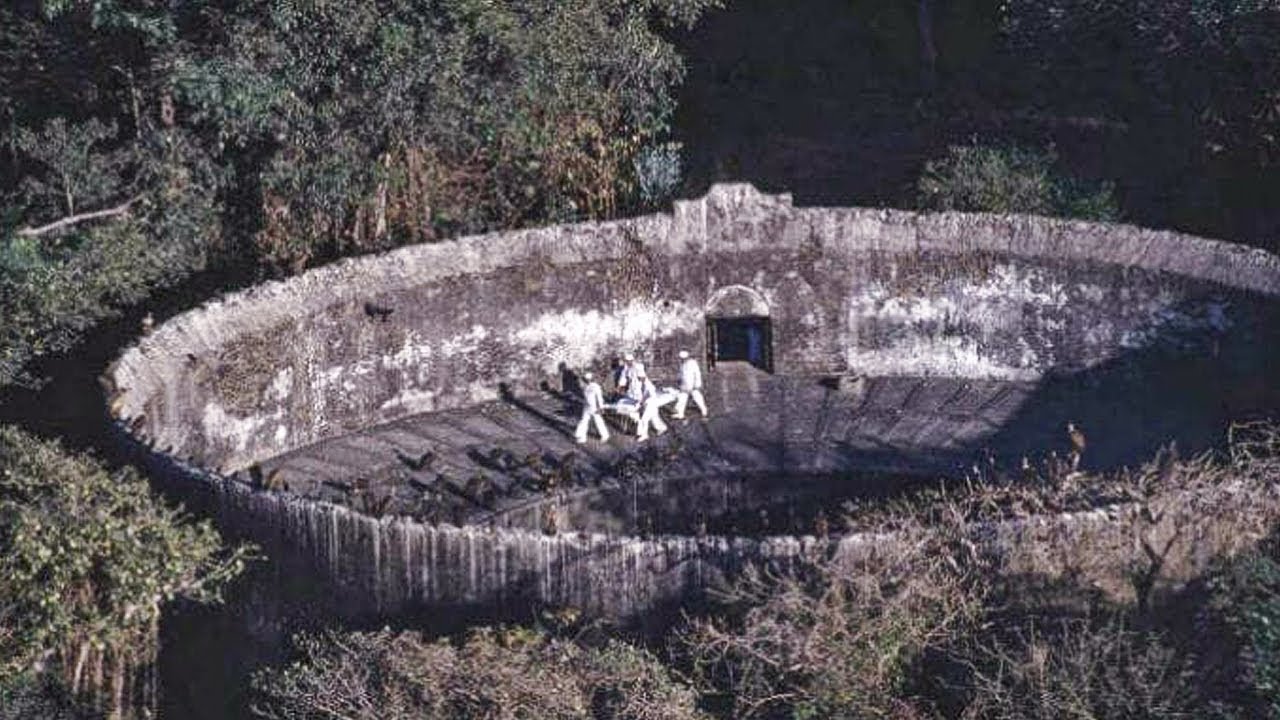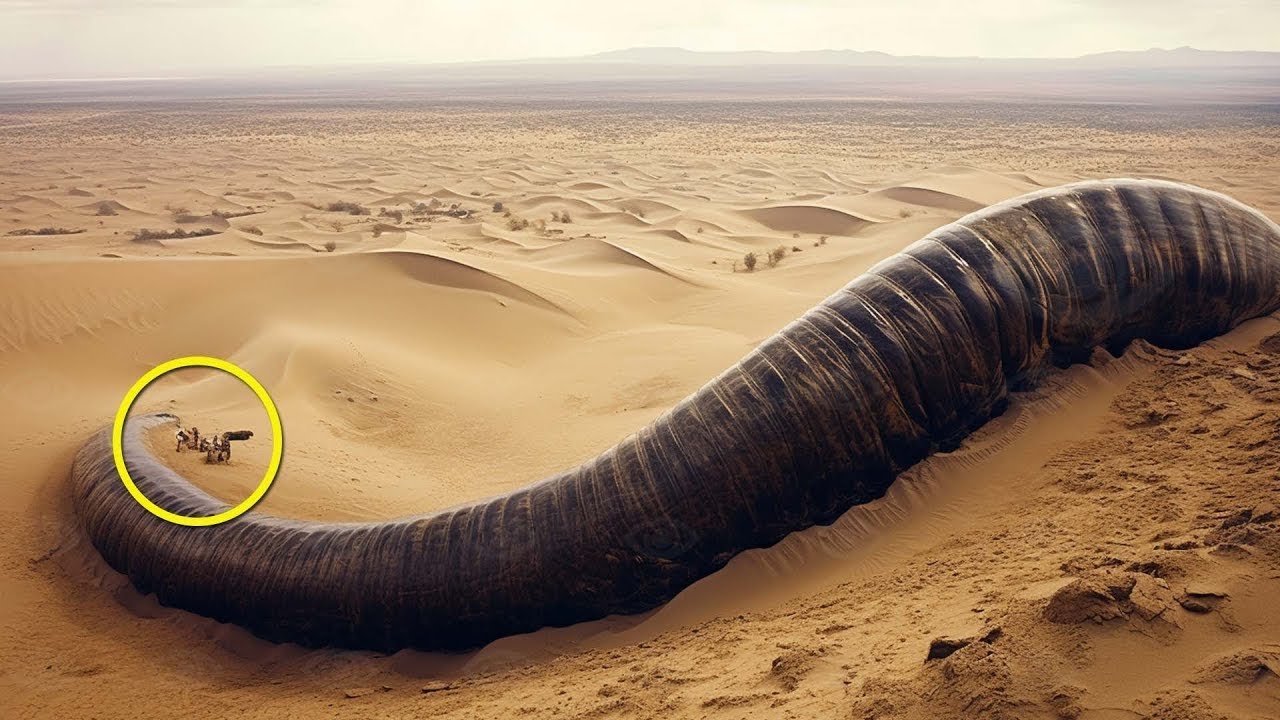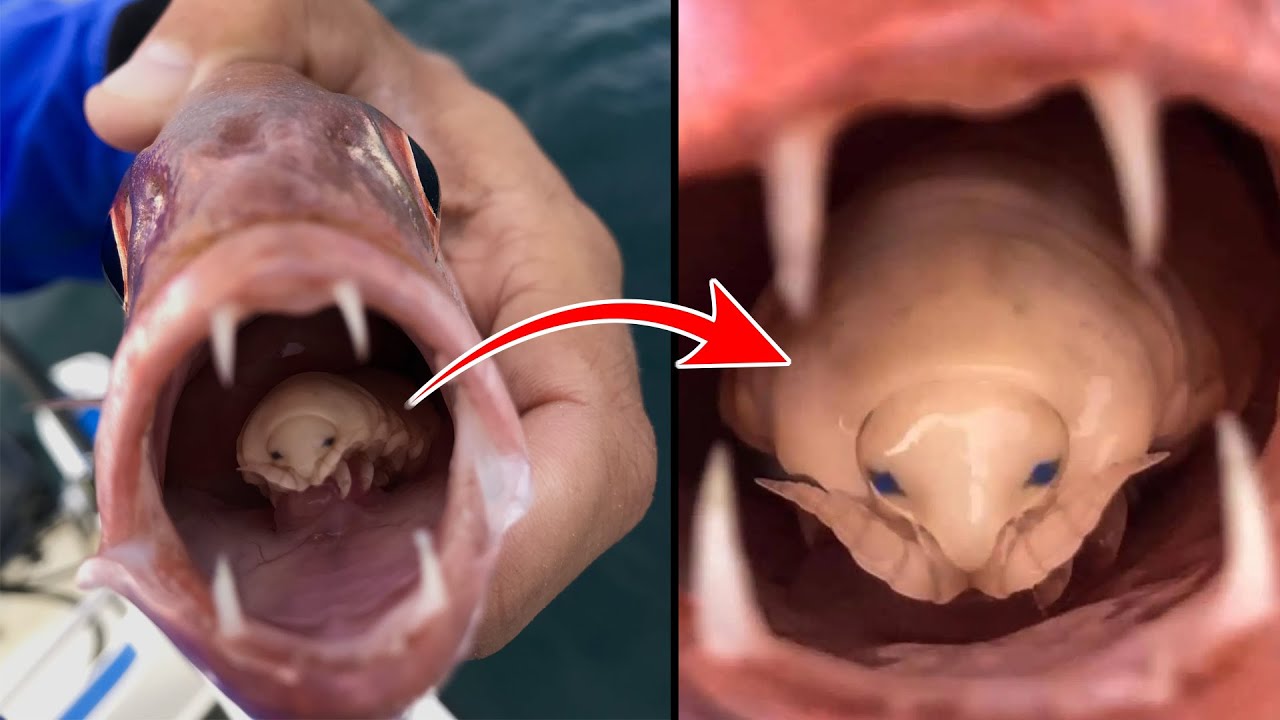The warning was issued after part of a 40-ton skull washed ashore on a US beach
Residents have been warned against moving a mysterious skull fragment from a 40-ton sea creature after it washed up on a US beach.
With around 95% of the ocean unexplored, our seas are home to a bizarre and often frightening array of aquatic life.
Sometimes parts of the creatures of the deep will fins their way onto shore, with onlookers left to marvel at the creatures which live below the waves.
Beachgoers in Hatteras Island, North Carolina got the opportunity to get up close and personal with the remains of a skull this past week, but authorities have issued a warning to anyone looking to travel down to the beach.
Scariest creature in the oceanCredit: YouTube/naturelenses0 seconds of 57 secondsVolume 90%
Sharing the discovery on social media, the US National Park’s Cape Hatteras Facebook page posted an image of the fragment, believed to be from a humpback whale, alongside an interesting insight into the whales’ skull.
“We’re only halfway through the week and still finding fascinating discoveries on the beaches of Cape Hatteras,” they wrote.
“Take a look at this large portion of a Humpback whale skull on Hatteras Island.”
Park officials have since explained that the portion of the skull recovered was part of a sea creature’s ‘cranial cavity,’ with the average humpback whale reaching up to 60 feet in length and weighing around 40 tons.
“Humpback whales (Megaptera novaeangliae) have specialized skull structures to support their unique feeding behaviours,” park officials explained.
“Their skulls are relatively flexible, especially around the jaw joints, which enables them to open their mouths wide to consume large volumes of water and prey. The also have mandibles (lower jaws) that are not fused to their skulls.”
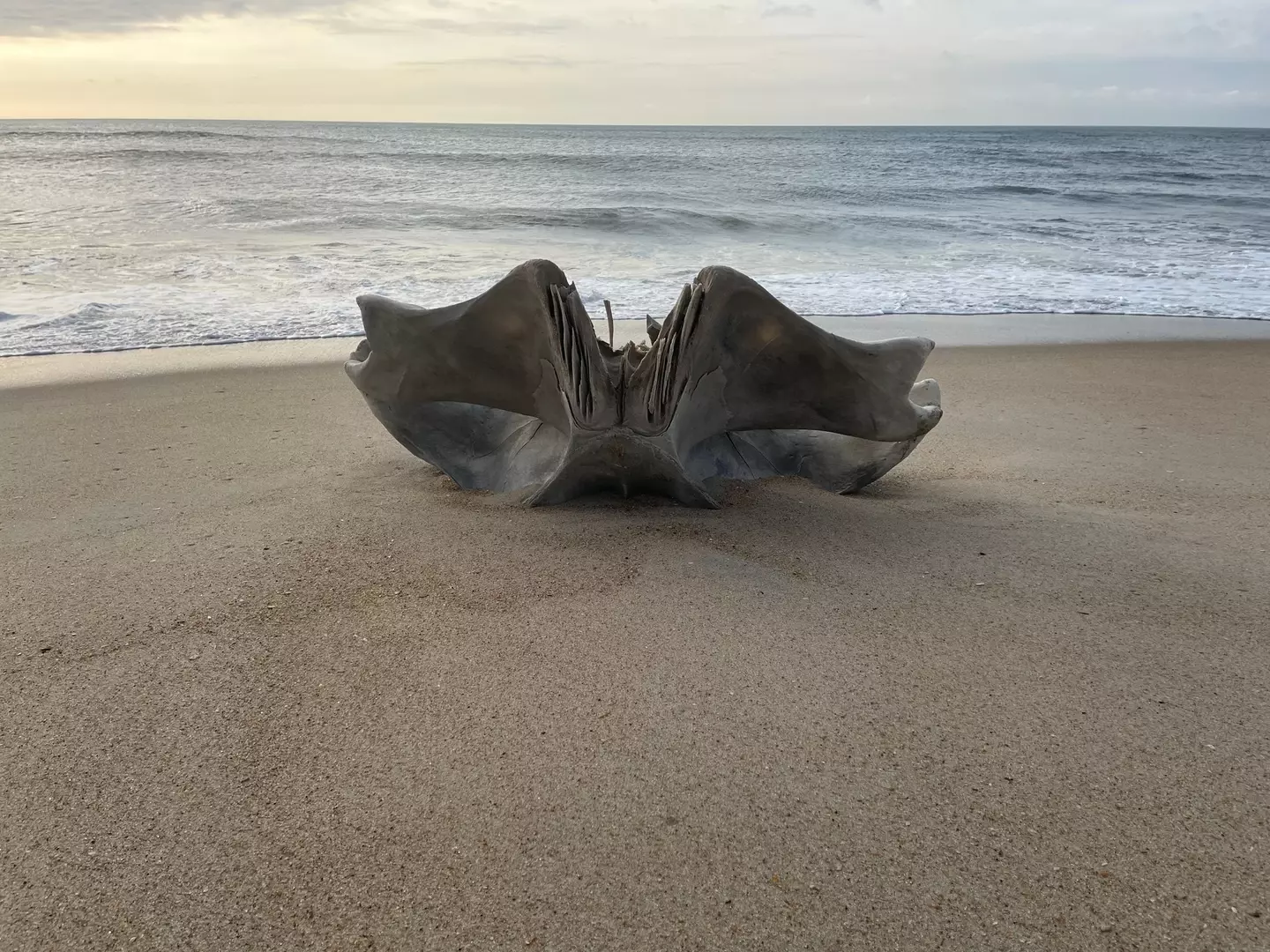 Humpback whale skull fragment (E. Dlutkowski/ US National Park Service)
Humpback whale skull fragment (E. Dlutkowski/ US National Park Service)
After seeing the fascinating discovery, beachgoers may feel inspired to take a piece of the whale’s skull home as a souvenir, with several people questioning if they could take the skull home in the comments.
However the park has warned against any visitors moving the skull, revealing that it is against the law to take parts or marine mammals washed up ashore.
“Under the Marine Mammal Protection Act, it is illegal to possess any parts of a marine mammal carcass and/or bones,” the page responded to one curious commenter, adding that bones are either used for research or buried ‘back in the environment’.
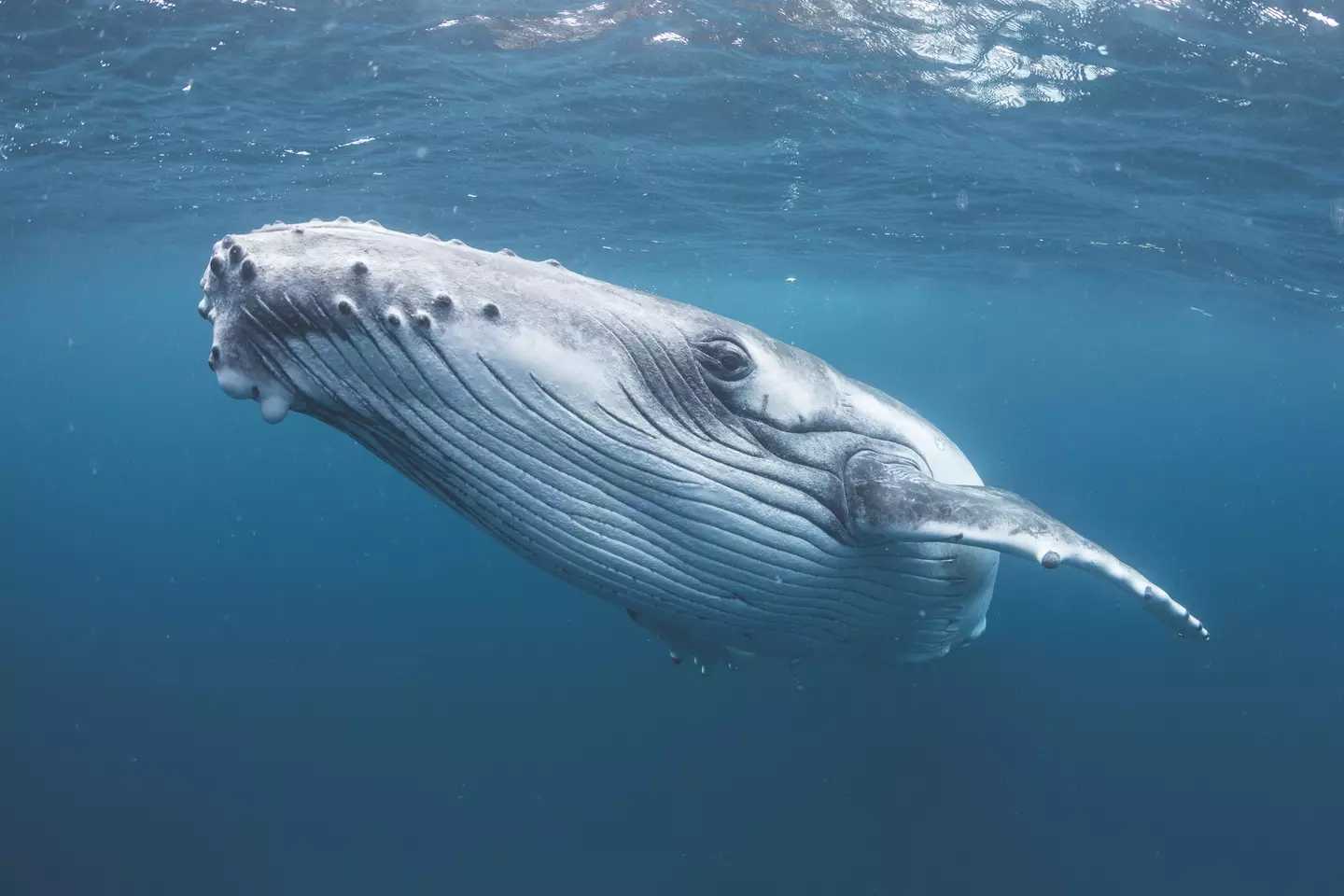 Getty Stock Image)
Getty Stock Image)
Discoveries like this are common in the area, with the Park adding that the region is a ‘hotspot for marine mammal activity.’
“At any given time, a wide arrangement of marine mammals move-about and feed very close to Cape Hatteras beaches, influenced by the southern Gulf Stream and the northern Labrador Current colliding off our coast,” they added.
So, there you go. Feel free to marvel at the traces of marine life that wash up on our shores, just don’t try and force it into the back of your car.



